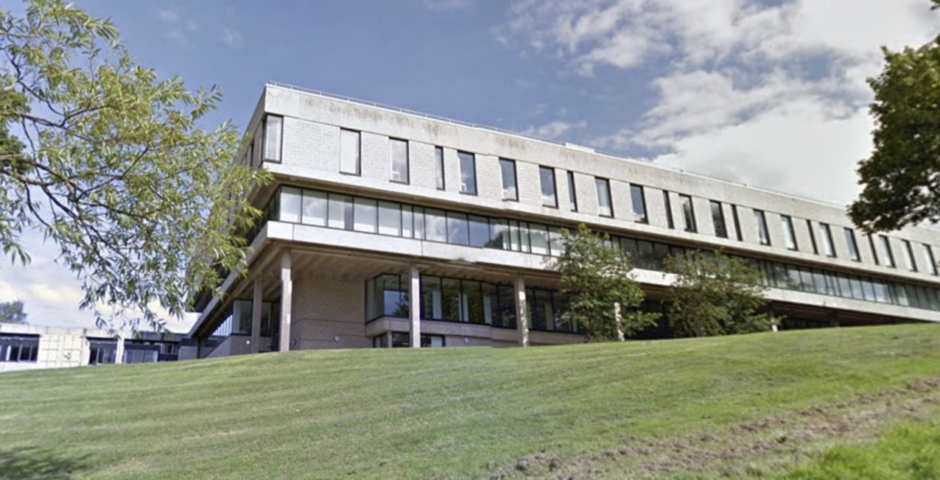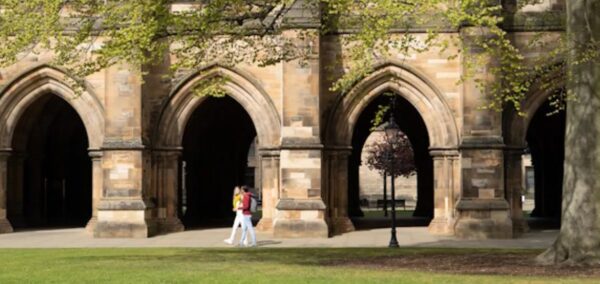
Stirling University vice-chancellor lives rent-free in campus house despite £414k salary
Students have dubbed the principal ‘Greedy Gerry’
It has been revealed that Stirling University’s vice-chancellor lives rent-free in an on-campus house, despite earning a £414k yearly salary.
The revelation comes amid wider criticism over Professor Sir Gerry McCormac’s pay, which has risen by £119,000 in two years.
Staff and students previously described the increase as “appalling” and “disgusting,” dubbing him “Greedy Gerry.”
After a delayed response to a Freedom of Information (FOI), The Courier revealed that Sir Gerry has occupied the principal’s house since May 2011 and is “contractually obliged” to live there as part of his role.
The university said the arrangement “does not require rent but attracts a personal taxable benefit in kind,” which is declared in its financial statements.
According to HMRC, benefits in kind are goods or services provided to an employee either for free or at a reduced cost. In the 2023-24 financial year, Sir Gerry received £13,000 worth of such benefits.
Including pension contributions and benefits, his total remuneration now stands at £438,000 — making him Scotland’s highest-paid university leader.
The principal’s house, a large Category A-listed modernist property on the university’s estate, underwent a £150,000 refurbishment following Sir Gerry’s appointment in 2010.
Reports at the time indicated £93,000 was spent on internal upgrades, including over £22,000 on kitchen materials.
The university has since confirmed that no further renovations have been made and that the property “has been made available for use by other university staff or visitors.”
Most Read
The Courier has also learned that the Scottish Information Commissioner has reprimanded the University of Stirling for failing to comply with FOI rules.
After requesting details about Sir Gerry’s housing arrangement in February, The Courier reported that the university’s initial response failed to address several key questions. Despite repeated follow-ups, the university did not issue a review within the legally required 20 working days.
An investigation by the Scottish Information Commissioner was launched earlier this month.
On 8th October — one day after the investigation began — the university finally issued its review response, apologising for the delay and acknowledging that “it would have been helpful if the additional information above had been supplied to you previously.”






















